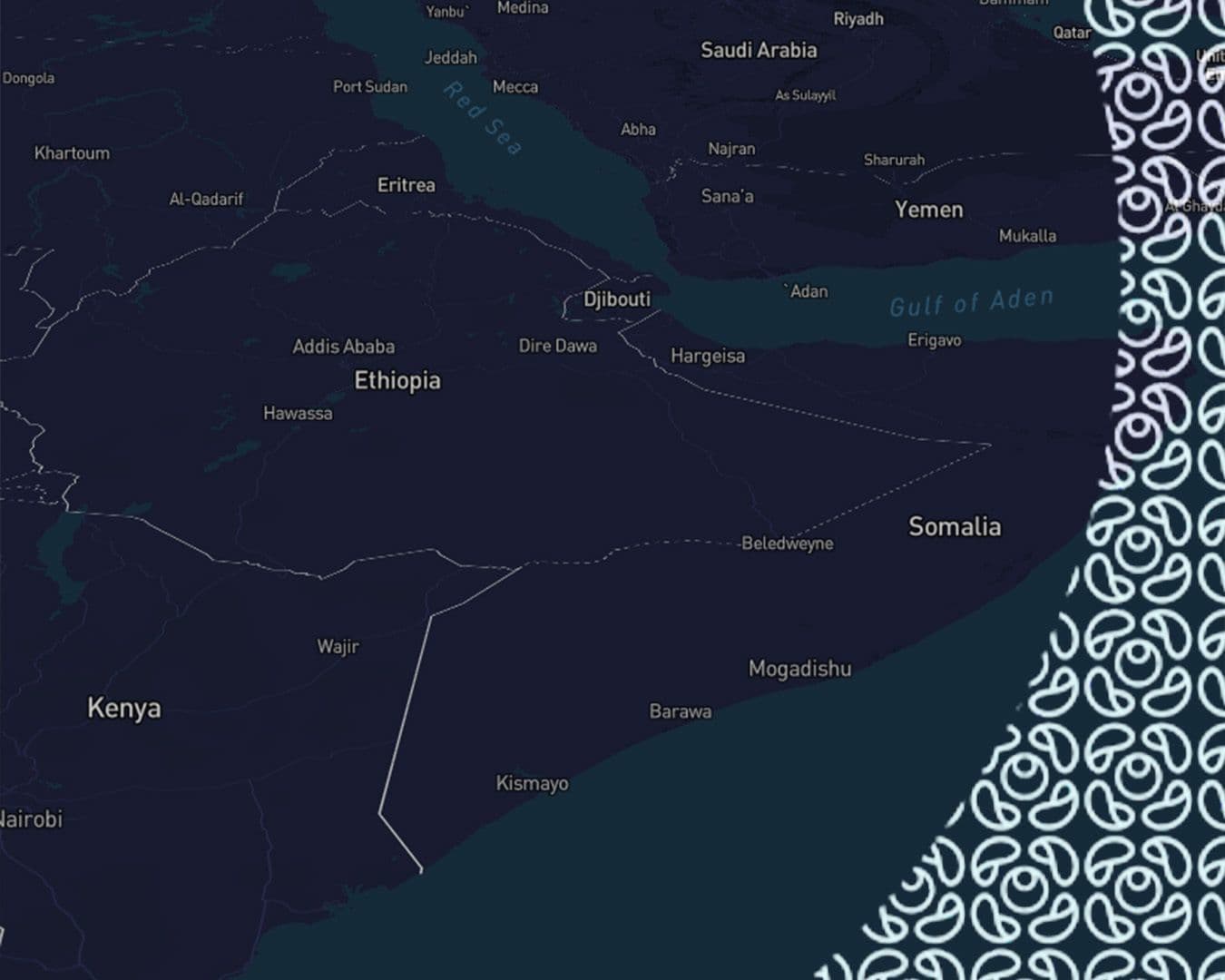
Nick Kwolek
Founder
Commodities


Nick Kwolek
Founder
Ethiopia & Djibouti
There is an active Government sugar tender for 100,000 tons in Ethiopia at present. Still, we suspect, as has been the case for the last three years, that the tender will either be awarded to a bidder who simply will not perform or will be canceled due to the inability to open an LC due to the chronic dollar shortage in the country. Both traders and local agents alike are fatigued with the process, and most traders today are putting in prices so high as to be discounted in their entirety. Even if there was a possibility to open an LC, then the prices, which are slated to all be in excess of USD 900 per ton and up to above USD 1100 a ton, will likely be baulked at in any case.
Ethiopia, therefore, will continue to buy via Djibouti from private importers and via informal flows from Somalia. These flows have continued to grow as Ethiopian production continues to fall lower due in part to the war in Tigray and the severe drought that has plagued the region over the last 24 months. Sugar flows have been coming from both Brazil (150s) and refined from India, Saudi Arabia, and the UAE. Prices in Djibouti and Ethiopia have relatively kept pace with the increase in the world market. They are mildly positive on a replacement basis, which signifies that buyers are likely underpriced at destination and that both Ethiopia and Djibouti are running hand to mouth on stocks.
Somalia
A similar situation to Djibouti in that white sugar prices are increasing at the destination; replacement is above the local market price in Mogadishu, but prices are moving up to reduce this deficit. In Berbera, prices are slightly better due to lower clearance costs than Mogadishu, with the domestic market there again mildly positive to replacement parity. The Somali market is oscillating between Brazil 150’s and Indian refined in containers, depending on which one is cheaper on a given day. The white premium also plays its part in dictating what sugar Somalia buys.
Brown sugar, however, is another tale altogether. Prices remain firmly on the floor, with prices around USD 100 PMT below replacement cost. Traders are scratching their heads as to why this is the case, but it seems that a decent amount of stock combined with old pricing at circa 22 cents is to blame.
Sudan
Sudan continues to buy sugar regularly but has certainly fallen away from its heady peak import campaign before the start of the civil war. Transit flows have stopped across Central Africa Republic (CAR) and Chad primarily, which has led to a reduction in imports of around 300,000 tons. The conflict remains in full swing, and so it will take time for this flow to return if it ever does.
On top of this, many of the domestic Sudanese industrial producers (soft drinks/sweets, etc) are simply not able to run their production units as they are in Khartoum, where the fighting is still severe; water and electricity are also still a problem. The war is dragging on longer than most people expected, and that will keep sugar imports lower until December 2023 and beyond.